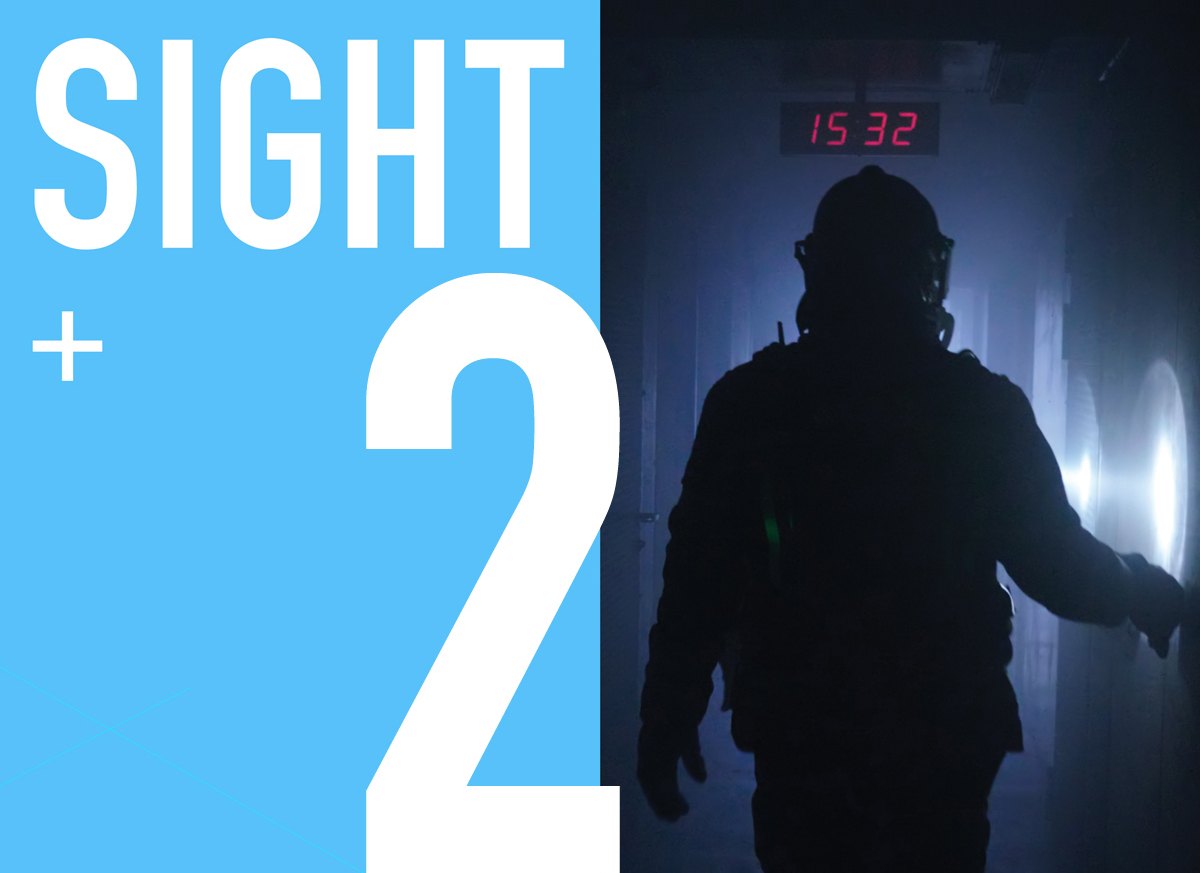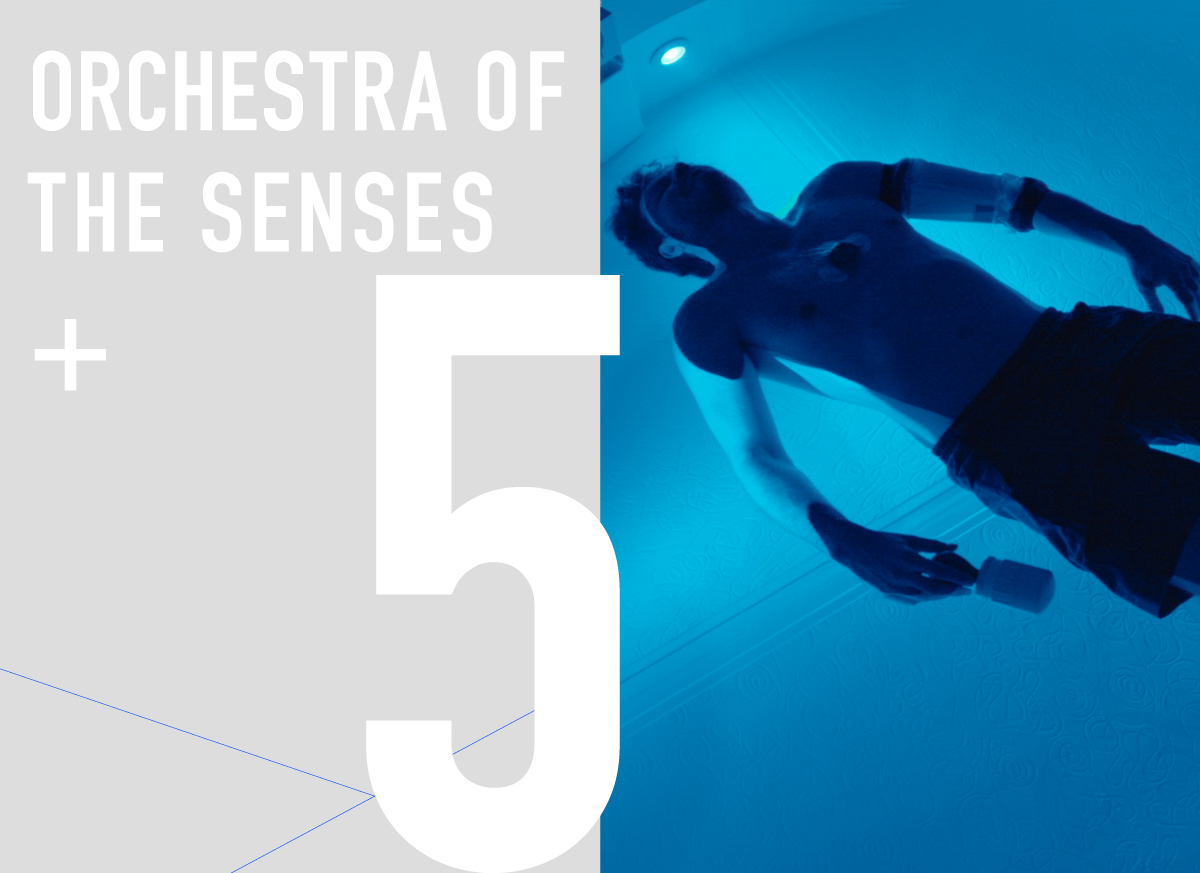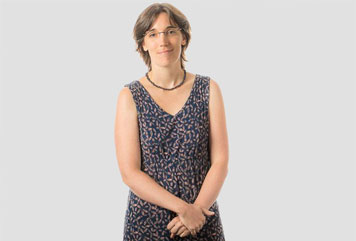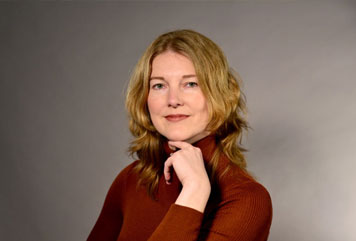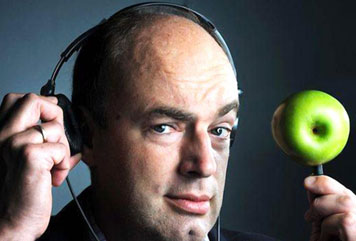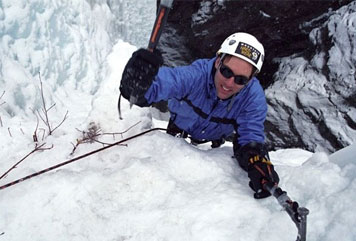Human + The Future of Our Senses brings viewers into the enigmatic world of scientists, researchers, and entrepreneurs who are revolutionizing the way people see, touch, taste, hear, and smell. Each episode delves into the awe-inspiring and emotional stories of people whose lives are being transformed through some of the most cutting-edge technological advances in the science of our five senses: touch, sight, hearing, taste and smell.


The Future of Our Senses
EPISODES

TOUCH
The sense of touch is an invisible force of human nature. Not only does it perceive tiny elements that our eyes can’t see, it also plays a vital role in our lives. It has an important influence on our physical capacity, our cerebral functioning, and our well-being. Science has pushed the limits of nature, thanks to technological touch. It is now possible to virtually touch and move objects that are invisible or located thousands of kilometers away. A simple movement in the air is enough to control them. Medical technology has even succeeded in giving a sense of touch to bionic limbs made of metal, plastic, wires, and processors. Slowly but surely, prostheses are starting to perform better than natural limbs. Virtual touch will soon be part of our daily lives. How far will this revolution take us?
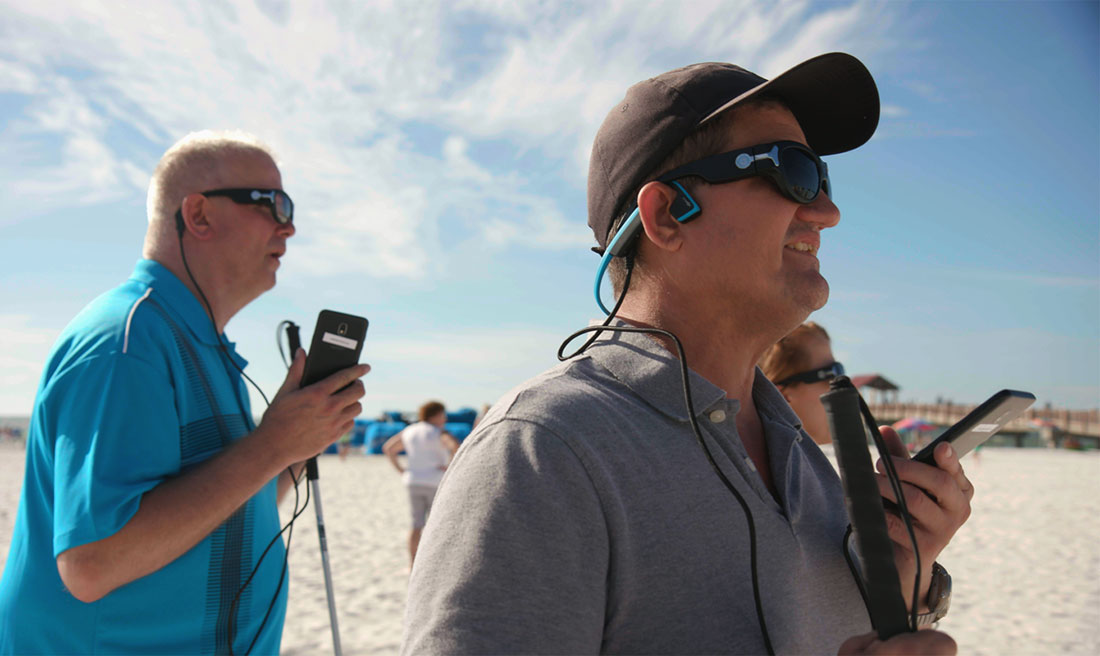
SIGHT
The science of sight has entered a new era. We are starting to understand how a few rare individuals are able to see better, or see faster. We meet a woman who can see a hundred more colors than the average human being, and a heavyweight boxer who undergoes sophisticated training to increase the acuity and speed of his visual reflexes. We discover how technology is starting to replace or enhance vision for those who have lost it. We witness the moment when a husband and father, equipped with an experimental retinal implant, sees his wife and child for the first time. We meet a young student who can “see” with his tongue. And we learn how connectivity and miniaturization can give blind people the gift of seeing through another person’s eyes.
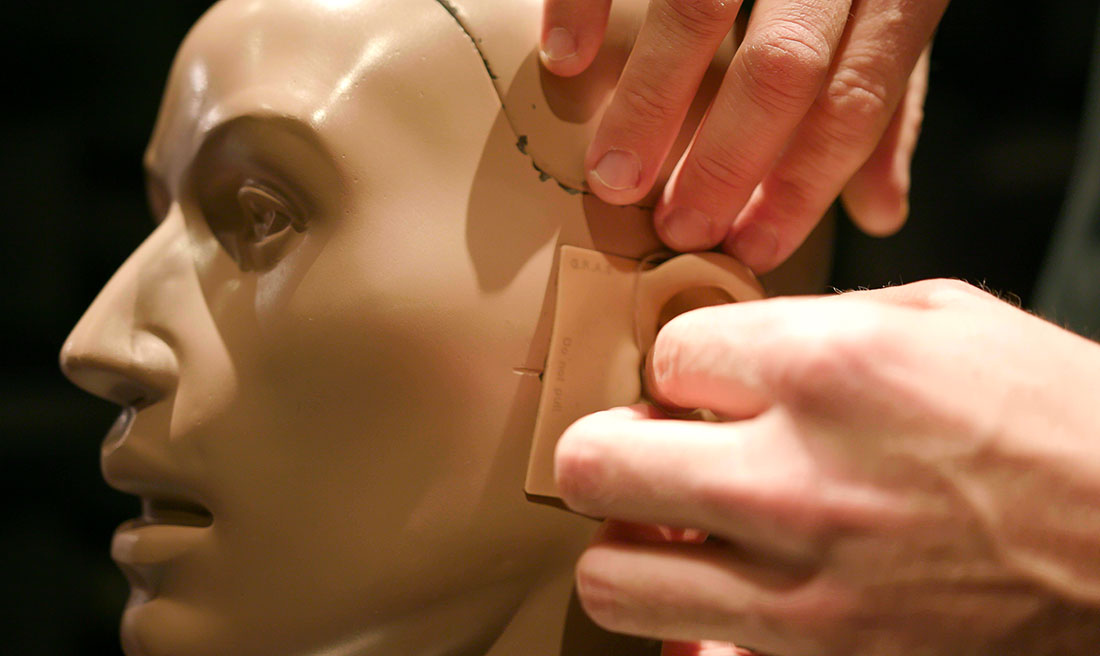
HEARING
As the mysteries of hearing are revealed, we see how technology and scientific progress are working to restore, replace, or supercharge this powerful human sense. We meet a blind man whose hearing is so acute that he can navigate a bike by the sound of the echo of a click. As technology starts to merge with humanity, we meet the recipients of cochlear implants who demonstrate how the brain can learn to interpret a new synthetic sense. We discover hearing aids that surpass the ear’s natural acoustic abilities and can even read the brain’s intentions. There are researchers working to use sound to improve cognition and memory while we sleep. And we learn how one company is developing an innovative, effective technology that uses the skin as a conduit to transmit sound to the brain.

TASTE AND SMELL
Smelling is as natural as breathing. Sixteen times a minute, you breathe the air that passes through your nose to fill your lungs. Billions of molecules passing through your nasal cavities are captured by the cells of your olfactory organ. In your genetic code, 400 genes make up the receptors of your sense of smell. You are able to smell billions of odors. Scientists and others are presently working in the realms of taste and smell to understand their powers. They are bringing to light the mystery that, from conception to adulthood, reveals a fabulous potential. Tomorrow, your nose will help you uncover disease, vanquish pain, and lower your stress level; it will make you feel safe and help you learn; it will improve your well-being and your social life.

ORCHESTRA OF THE SENSES
Sight, touch, hearing, taste, and smell send sensory messages to the brain at a speed of 430 kmh. The two cerebral hemispheres deal with 11 million information signals per second—an imperceptible and continual effort. This continual flow of information is sorted and analyzed by the brain, which directs the senses, organizes them, and improves them without any technological intervention. The brain’s plasticity, which we are only beginning to understand allows it to continually adapt. If you lose one sense, the brain reorganizes and compensates by increasing the power of the other senses. Like an extraordinarily talented blind artist who is able to use his fingers to feel the color of the paint before applying it to the canvas.
DISCUSS
The HUMAN + learning modules are designed to encourage and deepen viewers’ interest in the human senses after watching the series (as stand-alone episodes or as a continuum). The modules provide more information and offer discussion-starting questions. Intended for a broad audience, they are meant to provoke conversations, open up new avenues for education, and inspire self-reflection.
Who might use the HUMAN + learning modules?
• the general public;
• workshop facilitators, educators and students in awareness and learning settings;
• medical professionals;
• health technologists.
THE PROTAGONISTS
Meet the experts, scientists and academics of Human +.
Katherine J. Kuchenbecker directs the Haptic Intelligence Department at the Max Planck Institute for Intelligent Systems in Stuttgart, Germany. Her research centers on haptic interfaces, which enable a user to touch virtual and distant objects as though they were real and within reach.
Charles Spence is a Professor of Experimental Psychology and head of the Crossmodal Research Laboratory at Oxford University. He is interested in how our brains manage to process the information from each of our different senses to form the extraordinarily rich multisensory experiences that fill our daily lives.
CREDITS
Idéacom International
Bonne Pioche Télévision
PRESENT
A SERIES BY
Vincent Barthélemy
IN COLLABORATION WITH
Duncan McDowall & Yann Renoard
DIRECTED BY
Vincent Barthélemy
Leo Singer
Thomas Cirotteau
PRODUCERS
Nicolas Cennac
Amy Webb
EXECUTIVES PRODUCERS
Josette D. Normandeau
André Barro
Emmanuel Priou
Yves Darondeau





